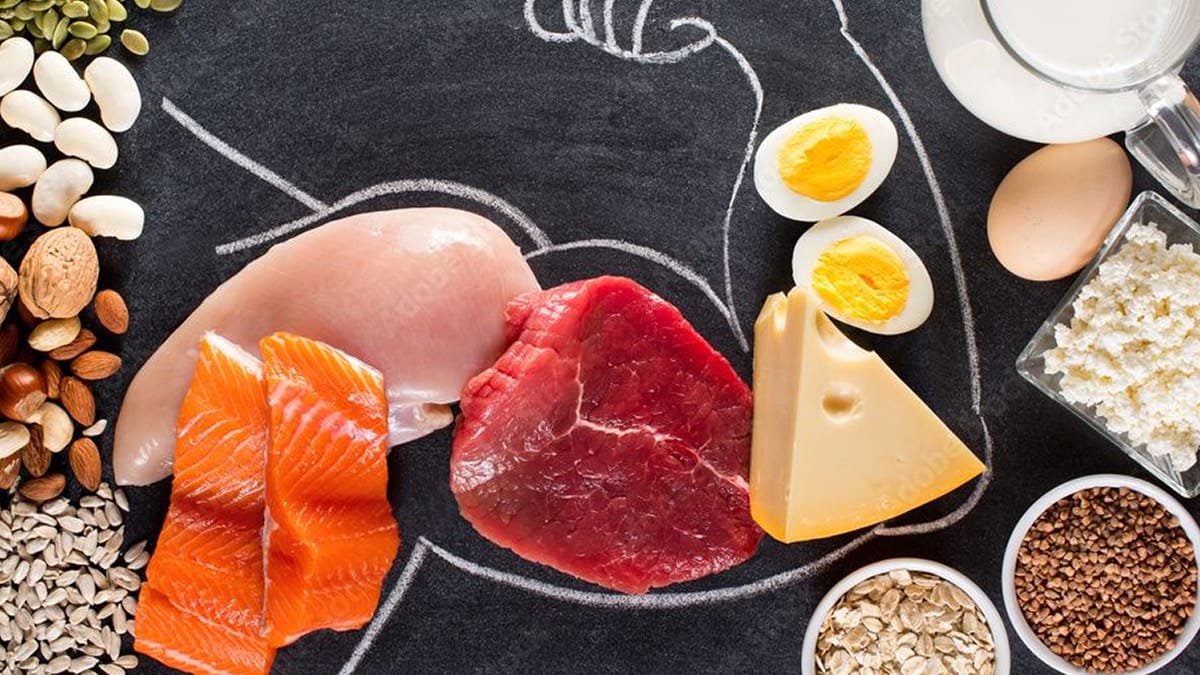Common Myths About High Protein Low Calorie Foods
High protein low calorie foods are often misunderstood, with countless myths circulating online. Many believe these foods are only for bodybuilders or that they are boring, tasteless, or even harmful. In reality, these misconceptions prevent people from incorporating nutrient-dense foods that support weight management, muscle growth, and overall health. This guide debunks common myths, providing clarity and practical advice for anyone looking to improve their diet with high protein low calorie options.
Myth 1: High Protein Low Calorie Foods Are Only for Bodybuilders
A widespread misconception is that only athletes or bodybuilders need protein-rich foods. The truth, supported by studies published on www.ncbi.nlm.nih.gov, is that everyone benefits from adequate protein intake. Protein helps maintain muscle mass, improves satiety, and supports metabolism, making it essential for adults of all activity levels, not just athletes. Even busy professionals and seniors gain energy, cognitive support, and weight management advantages from high protein low calorie foods.
Myth 2: They Are Always Expensive
Many people avoid high protein foods thinking they are costly. While premium protein powders or specialty products may carry higher prices, affordable options like eggs, Greek yogurt, canned tuna, cottage cheese, legumes, and edamame are nutrient-dense, budget-friendly, and widely available. Meal planning and batch cooking can further reduce costs while providing convenient protein-rich snacks.
Myth 3: High Protein Foods Are Boring and Tasteless
A common fear is that high protein low calorie foods lack flavor or versatility. In fact, creative cooking techniques can make meals and snacks delicious. For example, roasted chickpeas with spices, protein smoothies blended with fruit, or Greek yogurt parfaits layered with berries and nuts offer rich taste and variety. Culinary creativity ensures high protein foods are never dull.
Myth 4: High Protein Diets Harm Your Kidneys
Many worry that consuming protein strains the kidneys. Research, including findings from www.health.harvard.edu, shows that high protein intake is safe for healthy individuals. Only those with pre-existing kidney disease need to moderate protein intake under medical supervision. For the general population, protein is vital for maintaining muscle mass, metabolic function, and overall wellness.
Myth 5: You Can Only Get Protein From Animal Sources
Some people believe plant-based foods cannot provide enough protein. This is false. Legumes, tofu, edamame, quinoa, tempeh, and nuts are excellent protein sources while being low in calories. Athletes and vegetarians alike can meet daily protein requirements without relying solely on animal products. Combining plant proteins strategically ensures complete amino acid intake.
Myth 6: High Protein Low Calorie Foods Are Hard to Prepare
Another misconception is that preparing these foods takes too much time. In reality, many options are quick and convenient. Hard-boiled eggs, pre-cooked lean chicken, Greek yogurt cups, roasted chickpeas, and protein bars require minimal effort and can be prepared ahead for on-the-go consumption. Busy individuals can maintain a healthy diet without sacrificing time.
Practical Tips to Incorporate High Protein Low Calorie Foods
Batch Cook Protein-Rich Meals: Prepare chicken, tofu, or legumes in advance to save time during the week.
Snack Wisely: Keep portable options like roasted chickpeas, protein bars, or edamame handy.
Experiment with Seasonings: Use herbs, spices, and natural flavorings to enhance taste without extra calories.
Balance Macronutrients: Pair protein with fiber-rich vegetables or whole grains for optimal nutrition.
Rotate Foods: Avoid monotony by switching between plant-based and animal-based proteins.
Frequently Asked Questions (FAQ)
Are high protein low calorie foods safe for everyone?
Yes, for healthy adults, these foods are safe and support weight management, muscle maintenance, and overall wellness.
Can plant-based proteins replace animal proteins entirely?
Yes, with strategic combinations like legumes, quinoa, and tofu, complete amino acid intake can be achieved.
Do these foods help with weight loss?
Absolutely, protein increases satiety, reduces cravings, and supports metabolism, aiding fat loss.
Are protein supplements necessary?
Not always. Whole foods like eggs, Greek yogurt, cottage cheese, and legumes often provide sufficient protein. Supplements are convenient for busy individuals or athletes with higher requirements.
Which high protein snacks are best for on-the-go?
Hard-boiled eggs, roasted chickpeas, Greek yogurt cups, protein bars, and edamame are ideal for portability.
Recommended products:
Protein powder sachets, pre-cooked lean chicken, roasted chickpea packs, Greek yogurt cups, low-fat cottage cheese cups.
Tips and Tricks
Always read nutrition labels to avoid hidden sugars or calories in packaged products.
Rotate snacks and meals to avoid diet fatigue.
Pair proteins with fiber and healthy fats for balanced nutrition.
Prepare portable snacks to prevent reaching for unhealthy options.
Final Thoughts Common Myths About High Protein Low Calorie Foods
High protein low calorie foods benefit everyone, not just athletes.
You can enjoy variety and flavor without spending a fortune.
Plant-based and animal-based proteins are both effective.
Proper preparation and planning make protein-rich diets convenient and sustainable.
Debunking myths allows more people to enjoy the health benefits of protein without fear.
Reference & Additional Reading
Inspired by studies and insights from:
www.health.harvard.edu
www.menshealth.com
www.healthline.com
www.womenshealthmag.com
www.ncbi.nlm.nih.gov
www.webmd.com
www.medlineplus.gov
www.tridenttech.edu
www.burnexia.com

